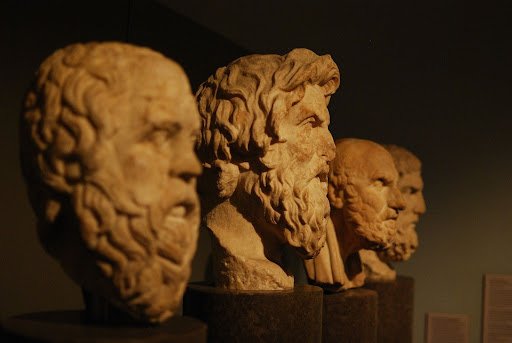Our World is in Real Danger Without Discourse
The culture of dialogue is the natural and preventive way out of extremism and violence so that its absence has allowed hate speech to grow and spread. So, what is the culture of dialogue and how can it be activated? And what is its future?
The culture of dialogue is meant to accept the other, respect pluralism in all, and activate the values of tolerance, self-criticism, and acknowledgment of error and apology for it.
Dialogue means life. Without communication, there is no possibility of understanding each other. A dialogue then allows us to understand ourselves and the ideas that others would like to convey. Many sites on the internet are promoting the concept of dialogue, including The Doe.
To achieve an active and successful culture of dialogue we should first establish an internal dialogue among the members of the same society, on the foundations of the values of tolerance and respect for pluralism, and affirming the right of the other to political and intellectual difference without exclusion, distortion or treason, starting from the small house, through practicing dialogue between parents, and between them and their children, down to the local community and its educational media institutions, all the way to the international community.
This is a necessary condition for the success of dialogue with the other. We all have to come together to enhance dialogue in our society through actual practices so that the culture of dialogue becomes a firm conviction in the hearts of all members of society.
The value of tolerance must be spread in society for a good dialogue. Failure to promote tolerance will generate an intolerant societal structure, political, economic, and intellectual, dominated by intolerance and isolation, given that many sectors and groups in society will suffer from the digestion of their rights, marginalization in their status, and will be exposed to unjust and discriminatory practices by state institutions.
The values of dialogue, pluralism, tolerance, and acceptance of the other are, in the end, a result and a result, not a cause: they are the result of a tolerant societal structure and the result of a society whose members obtain their legitimate rights alike.
Dialogue between people has made progress in human history, and today these achievements continue to highlight human history.
A good example of dialogue is what happened during the COVID-19 pandemic. Social dialogue between business owners, employees, and governments played an important role in managing the impact of the COVID-19 crisis, helping to support sustainable economies without the need to expose public health to danger.
In conclusion, the culture of dialogue means something deeper than just listening to viewpoints and allowing ideas to be expressed. It requires recognizing the legitimacy of the other, recognizing his right to an opinion, expression, and participation in political decisions, not a favor, nor charity, or concession, but rather an authentic and natural right. No one has the right to confiscate it, marginalize it, betray it, or make it infidel. A culture of dialogue cannot be established unless we believe in it, a general societal conviction like our convictions in self-evident matters.

